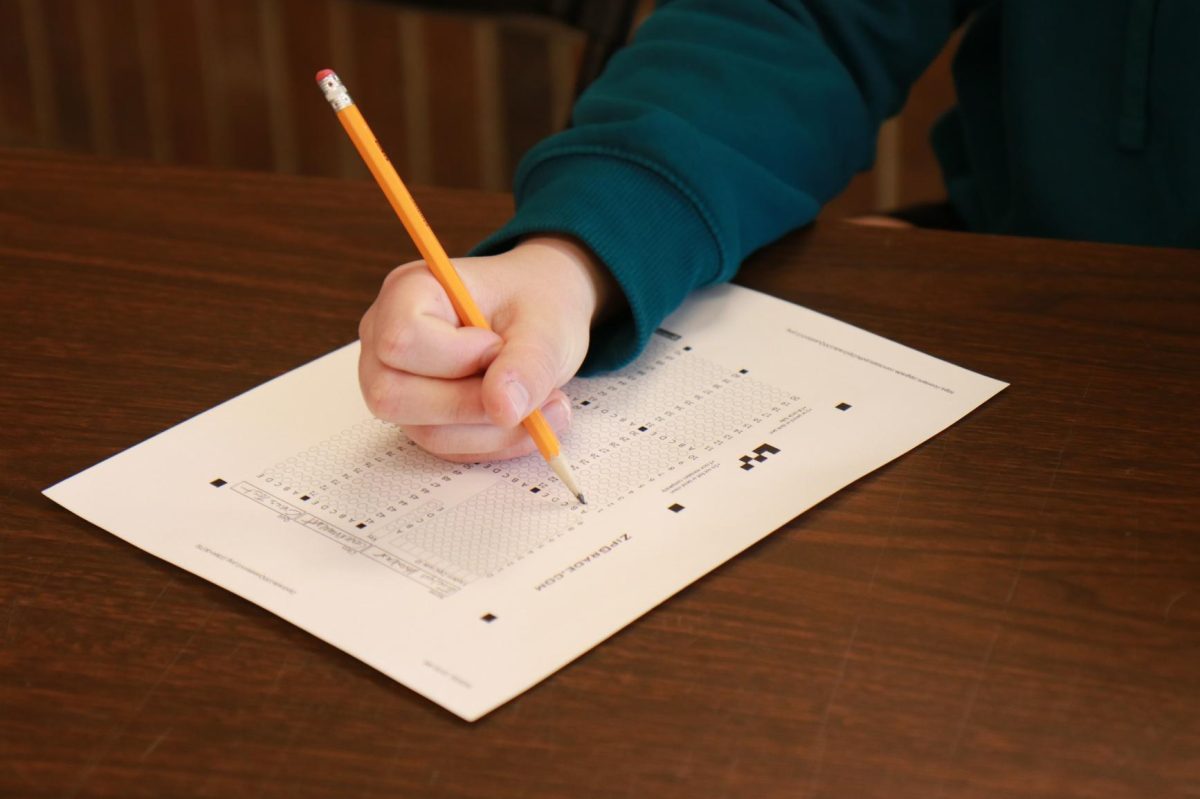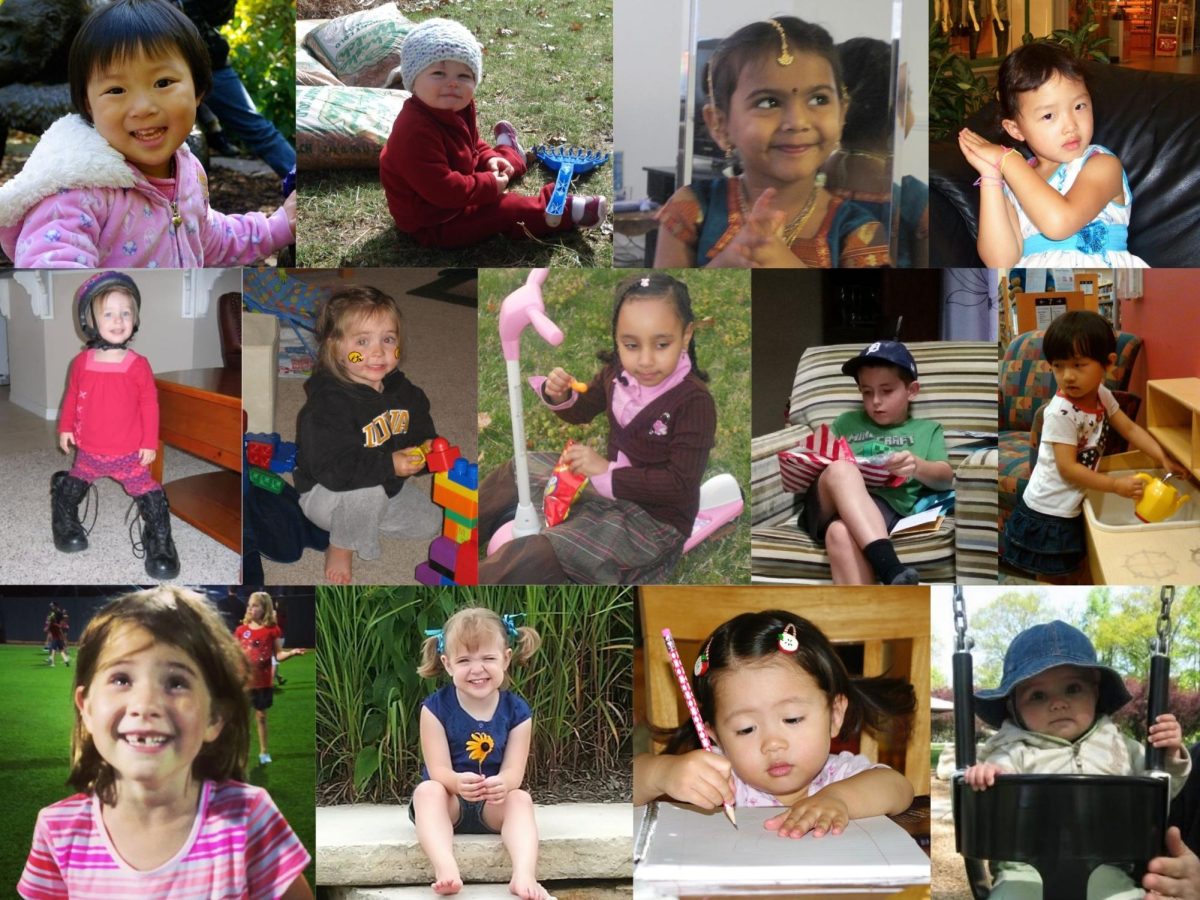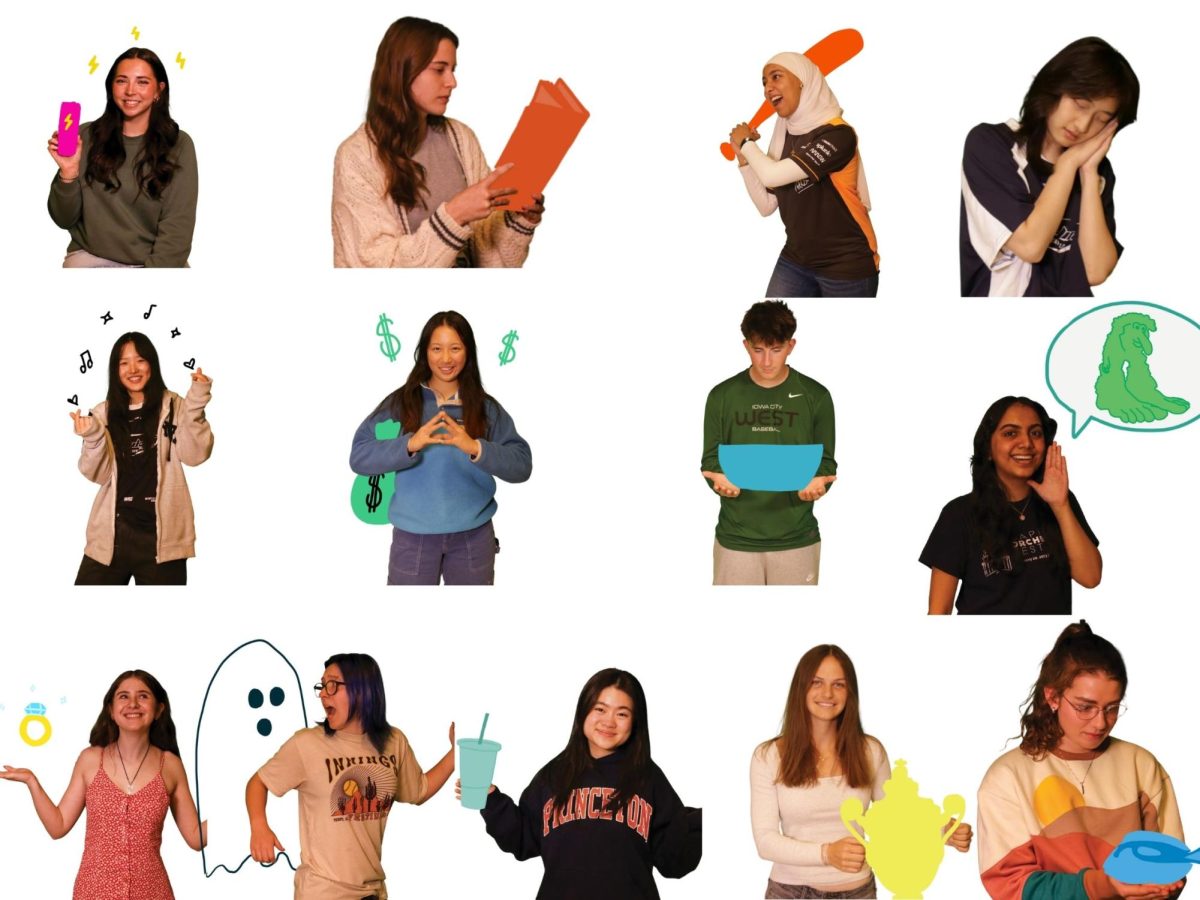West High is currently in the middle of the academic year. The second trimester is known for having a much heavier workload than the first trimester and being in winter, which is the hardest time mentally for students. The shortened days and dwindling sunlight make it especially difficult for those struggling with seasonal depression. The amount of stress that comes with trying to navigate it all can be overwhelming. This is exactly why the Behavioral Health class was created.
“I noticed that a lot of my students are highly stressed and highly anxious, so I was wondering, what skills are available that could help with that stress and anxiety?” social studies teacher Jessica Mehegan said.
Along with Success Center, Mehegan teaches AP United States History, which is known for being one of the more difficult AP classes available. She talked to the administration, and they wanted to incorporate a class that gave people skills to recognize their high-stress situation and change their behaviors that were affected by this stress. Thus, the Behavioral Health class was born. It is a trimester elective open to people of all grades.
This class has been offered for three years. However, this is the first year it’s being co-taught by Mehegan and Christine Dougan, a student family advocate (SFA). Dougan’s background as an SFA and helping students deal with unique situations has helped provide a new perspective in behavioral health class.
“Mr. Gross talked to me about finding time in my day to co-teach this class this year and I’m really excited,” Dougan said. “I think it is great because it allows two people to meet the needs of our students and brings multiple perspectives, specifically one that teaches a pretty rigorous class for most of your day.”
Behavioral health focuses on mindfulness, emotional regulation, distress, tolerance and interpersonal effectiveness. These are the four tenets of Dialect Behavioral Therapy (DBT). The root of DBT is being present and recognizing two things can be true at once.
“I can be anxious and still go take my math test. I can be really frustrated at my parents and still love them,” Mehegan said, providing an example.
“Sometimes anxiety isn’t inherently bad. We all have anxiety. If you have a math test, you should be anxious. It’s gonna help you perform better. If you have a big game as an athlete, you have theater performance, if you’re going to ask somebody out, those are things where having some anxiety is okay,” Dougan adds.
The purpose of learning these skills is for students to live their lives to their fullest potential. Behavioral health also talks about accumulating positive experiences in life and building mastery in other activities.
“The main takeaways from the course is that there are things that we can do in our everyday life that will keep us from becoming emotionally dysregulated or feeling like we cannot do anything else because we are so upset, anxious, angry or sad,” Mehegan said.
Students who have taken the course have seen these benefits in their daily lives. The course has done its job of teaching them how to cope with feelings of stress and anxiety.
“It’s [taught] how to cope with very, very extreme emotions, which is something I used to struggle with. But after this class, I became better and better,” Lina Abdelgadir ’26 said.
Every Friday this class works on building and creating community. Mehegan and Dougan want their students to feel more connected to each other. They also want students to have more safe spaces available and to help them improve interactions with other teachers, students and parents.
Besides this class, many other mental health resources are available for students in the building. There are SFAs and guidance counselors who are always there to help. In advisory, sophomores are learning mental health first aid. SPACE and NESTT are also good places to go to talk about your mental health.
“Try to get help as soon as you can. I think that that’s the most important thing. Don’t wait if you’re feeling like you want to talk to somebody, or if you’re feeling like ‘I’m not able to manage this [emotions] on my own,’” Mehegan said. “The sooner that you can reach out, the better.”

























